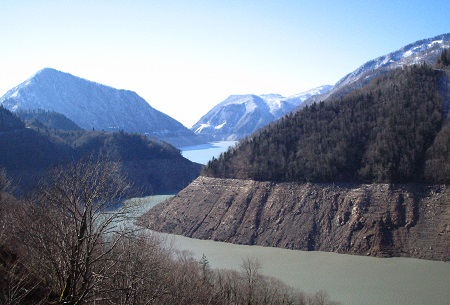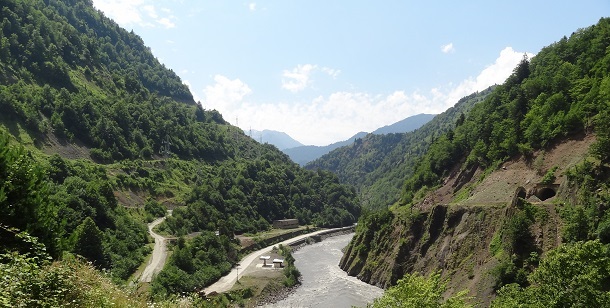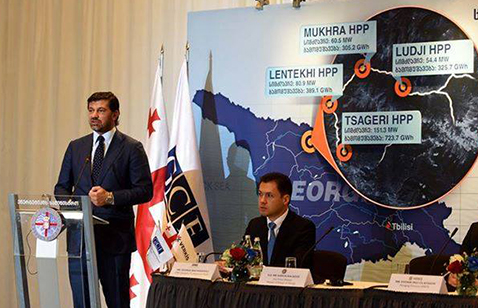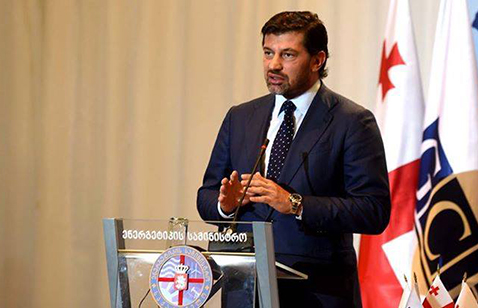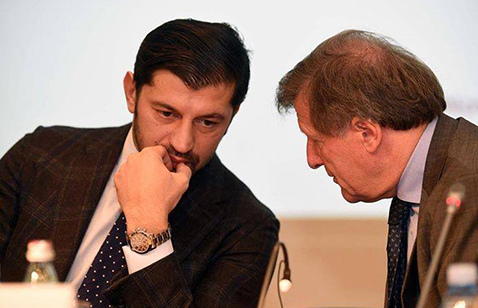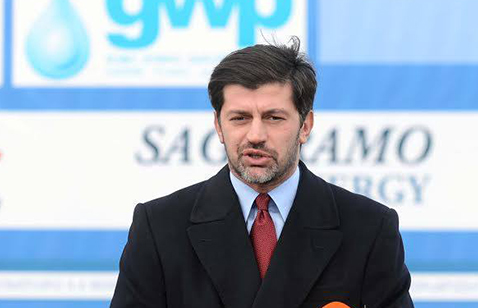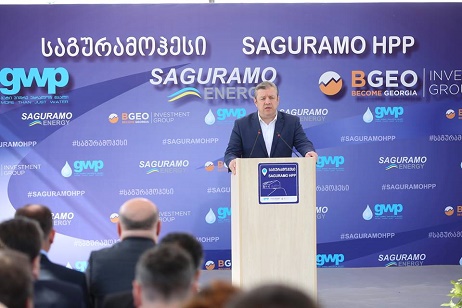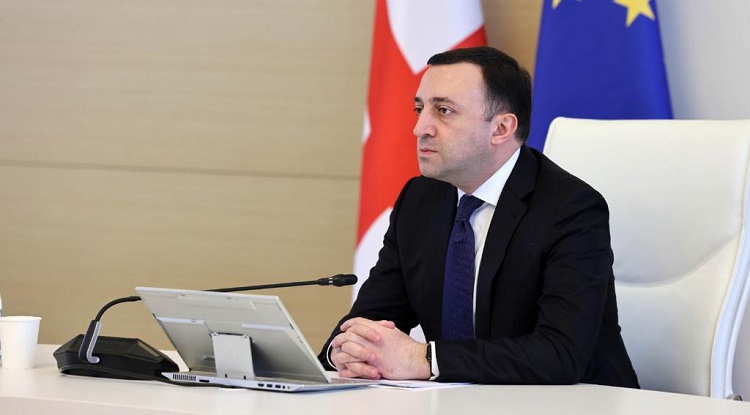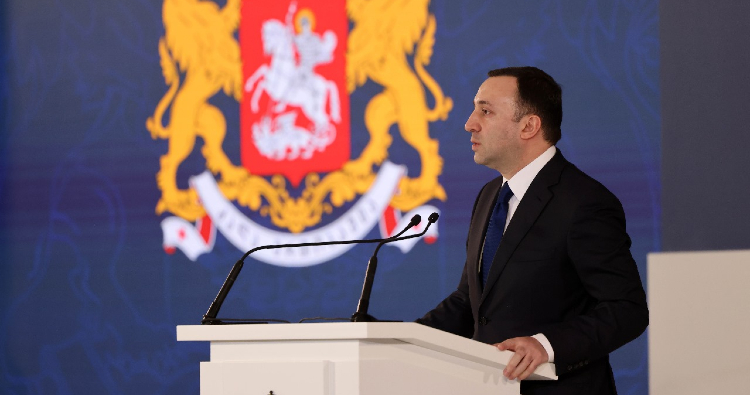Georgia seeks more benefits from Khudoni Hydro Power Plant project
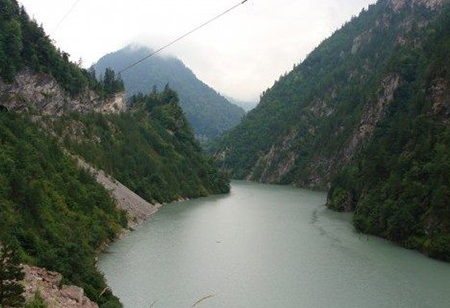
Electricity generated at the under-construction Khudoni Hydro Power Plant (HPP) will remain in Georgia for a year instead of three months.
This was a new idea the Georgian Government wanted to insert into the Memorandum of Understanding (MOU) signed between the Government and investor in 2011, to give Georgia more benefits from the new HPP.
To make this change in the MoU, the Government launched negotiations with Romanian investors Trans Electrica.
Construction of the 650 MW Hydro Power Plant will involve building a 200 metre dam and reservoir on Enguri River in western Georgia. Construction works began in 1986 but were halted in the late 1980s after protests over environmental concern. The project has remained unfinished since then.
The Government maintained construction of the HPP would give the country energy independence and bring economic benefits.
The HPP projected potential output figures of 1.7 billion kW/h of electricity. This amount of electricity would enable the state to replace roughly 10 percent of its total imported electricity, which was mainly supplied by Russia in the winter.
The dam could also automatically generate an extra 470 million kW/h of electricity, which equalled the construction of a new hydro power plant free of charge.
One billion USD will be invested in the project and 4,000 people will be employed for six years during the construction period. When complete Svaneti region will see tangible benefits, with at least $20 million USD per year expected to remain in the region.
 Tweet
Tweet  Share
Share

